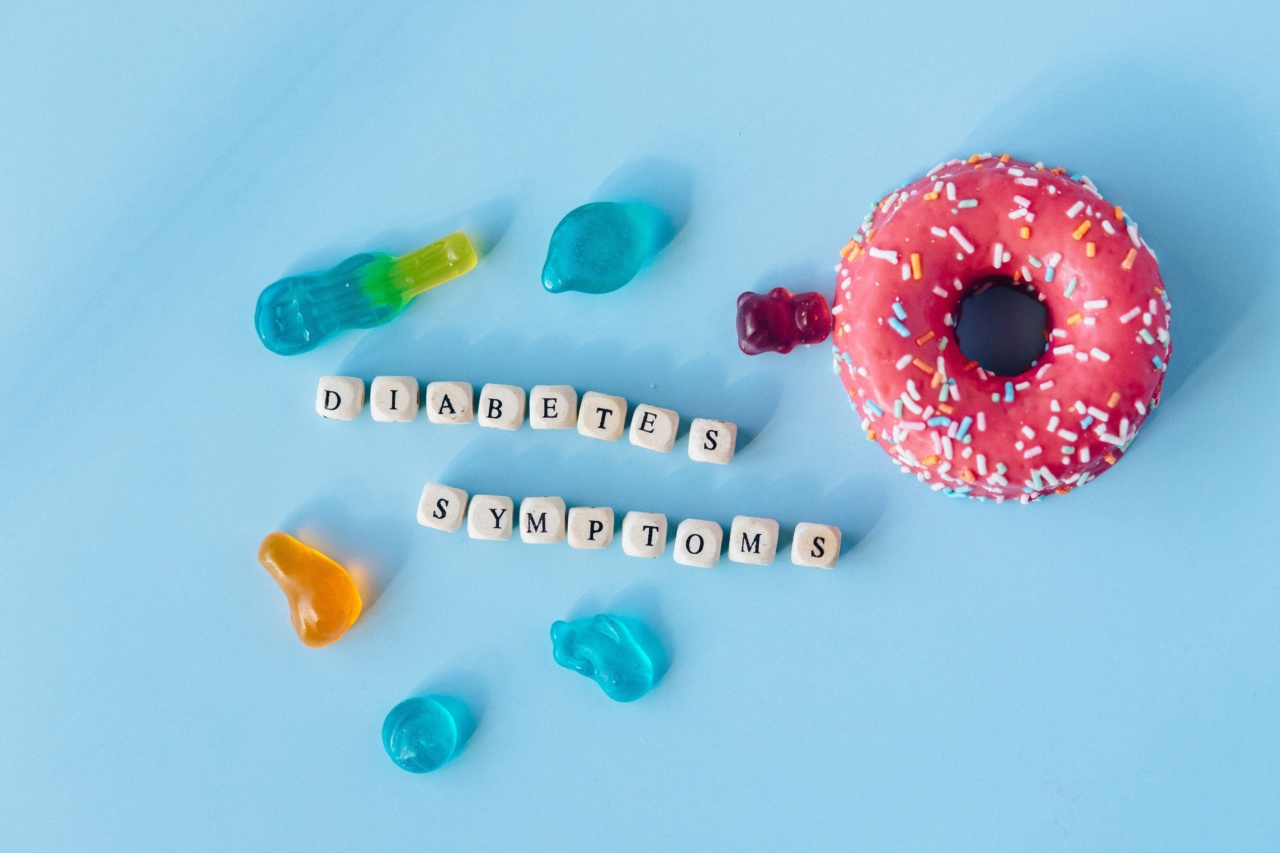Food poisoning is a strong illness caused by consuming contaminated food. The contaminated substances often consist of viruses, bacteria, parasites, toxins, or chemicals.
The severity of symptoms can range from mild to extreme, and it usually depends on the source and amount of contamination in the food. Here are some common symptoms of food poisoning:.
1. Nausea and Vomiting
One of the main symptoms of food poisoning is nausea along with vomiting. It can occur shortly after eating contaminated food and is caused by the body’s effort to remove the toxins ingested.
The severity of these symptoms varies depending on the amount and nature of toxins in the food.
2. Abdominal Pain and Cramps
Abdominal cramps and pain are quite common with food poisoning. The severity of these symptoms depends on the extent of contamination as well as the type of the contaminant.
These sharp and sometimes relentless pains are caused by the toxins or chemicals present in the contaminated food.
3. Diarrhea
Diarrhea usually follows vomiting and can be quite severe in some instances. It is a way of ridding the body of toxins that are harmful to the system. Diarrhea is typically waterier and more frequent than usual and may last for several days.
4. High Temperature
A high temperature or fever is a sign that the body is fighting off an infection. Food poisoning can cause high temperatures in both children and adults.
The severity of the high temperature can range from mild to severe, depending on the extent or nature of the contamination. In some extreme cases, a high temperature can pose a serious health risk if left untreated.
5. Fatigue and Weakness
When the body experiences food poisoning, it will be actively fighting harmful substances. Therefore, fatigue and weakness are expected in such instances.
These symptoms can get in the way of everyday activities since it is going to take time before the body fully recovers from the effects of food poisoning.
6. Dehydration
Dehydration can occur when a person experiences diarrhea, vomiting, or both. Dehydration can be especially dangerous in young children, older adults, or anyone with an existing condition that affects their electrolyte balance.
Dehydration can lead to severe health issues such as seizures and, in extreme cases, can be fatal.
7. Loss of Appetite
A loss of appetite is a common symptom of food poisoning. This is because the body is not interested in consuming anything that may cause harm to the system. It is a natural response of the body to reduce the possibility of further contamination.
It is advised to avoid overeating to prevent aggravating the symptoms of food poisoning.
8. Headache
The chemicals in contaminated food can trigger headaches in affected individuals. They can range from mild to severe, and in some cases, can be regular. Headaches can further aggravate symptoms of food poisoning such as tiredness, nausea, and dizziness.
9. Dizziness or Lightheadedness
Dizziness and lightheadedness can occur as a result of dehydration and electrolyte imbalances. Dizziness can also be an indication of an internal infection or bleeding caused by the contaminants in the contaminated food.
10. Muscle Aches
Food poisoning can cause muscle aches and weakness in the body. This is because the body is trying to protect itself from harmful substances, prompting the muscles to contract or spasm to prevent further penetration of the toxins.
Such muscle aches and spasms are common symptoms of food poisoning and may require medical attention if severe.
Conclusion
Food poisoning is an illness that requires immediate attention and proper treatment. It is advisable to practice hygiene at all times, especially when it comes to handling or preparing food.
Proper cooking and refrigeration techniques can help reduce the risks of food poisoning. Treatment can range from simple over-the-counter medication to hospitalization, depending on the severity of the symptoms. Most importantly, seek medical attention whenever you suspect or experience any symptoms of food poisoning.




























